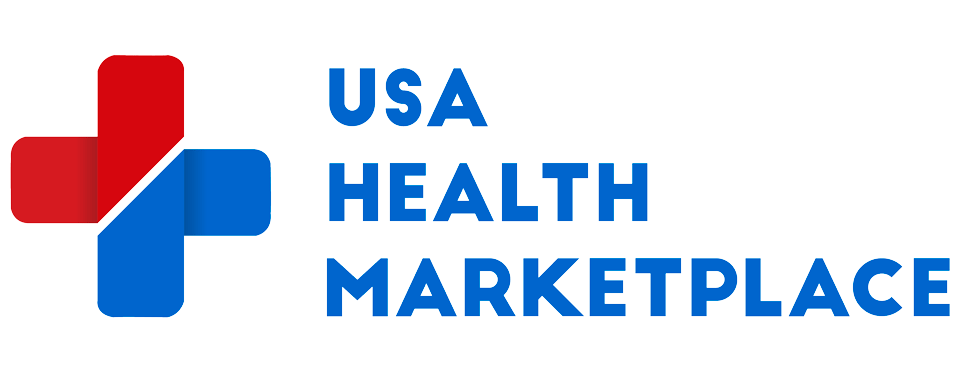


Medicare is a national health insurance program in the United States that primarily serves individuals aged 65 and older, as well as those with certain disabilities or conditions. Established in 1965, Medicare is administered by the federal government and provides health insurance coverage to approximately 60 million Americans.
The Medicare program is divided into several parts, each of which provides different types of coverage. Medicare Part A, also known as hospital insurance, covers inpatient hospital care, skilled nursing facility care, hospice care, and some home health care services. Most people who are eligible for Medicare do not have to pay a premium for Part A coverage, as they have paid into the program through payroll taxes during their working years.
Medicare Part C, also known as Medicare Advantage, is an alternative to traditional Medicare. Part C plans are offered by private insurance companies and must provide at least the same level of coverage as traditional Medicare Parts A and B. Many Part C plans also include additional benefits, such as prescription drug coverage, vision and dental care, and wellness programs. Part C plans usually require beneficiaries to pay a monthly premium in addition to their Part B premium.
Medicare Part D, also known as prescription drug coverage, covers the cost of prescription medications. Part D plans are also offered by private insurance companies, and beneficiaries must enroll in a Part D plan if they want prescription drug coverage. Most Part D plans require beneficiaries to pay a monthly premium, as well as copayments or coinsurance for each prescription.
Medicare also provides some coverage for preventive services, such as mammograms, flu shots, and diabetes screenings, as well as some screening tests for early detection of certain diseases. These services are covered under Medicare Part B and are generally provided at no cost to the beneficiary.
While Medicare provides coverage for many healthcare services, it does not cover all medical expenses. For example, Medicare does not cover long-term care in a nursing home or other care facility, nor does it cover most dental, vision, or hearing services. Many beneficiaries choose to purchase additional insurance, such as a Medicare Supplement plan or a private health insurance plan, to help cover these costs.
In summary, Medicare is a federal health insurance program that provides coverage for millions of Americans aged 65 and older, as well as those with certain disabilities or conditions. The program is divided into several parts, each of which provides different types of coverage. While Medicare provides comprehensive coverage for many healthcare services, it does not cover all medical expenses, and beneficiaries may need to purchase additional insurance to help cover these costs.
USA Health Marketplace.org was created to inform US citizens of their health insurance options. Our goal is to provide a tool and a resource to determine your availability for health insurance plans without asking or storing any personal information.
USAHealthMarketplace.org is privately owned website and is not associated with any state health insurance exchange or any federal or governmental entity.
We do not offer every plan available in your area. Any information we provide is limited to those plans we do offer in your area. Please contact Medicare.gov or 1–800– MEDICARE to get information on all of your options.
© 2023
USAHealthMarketplace.org